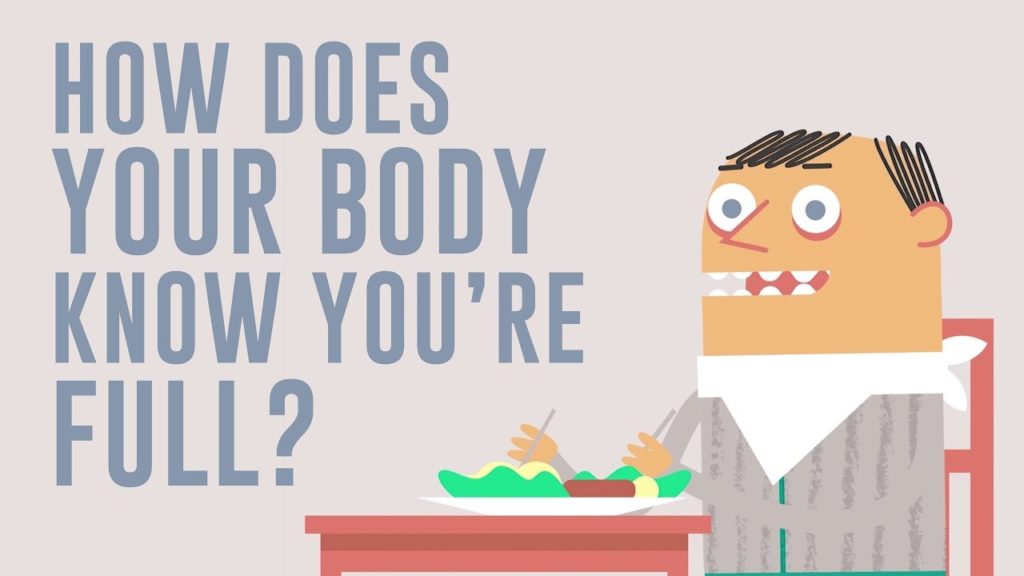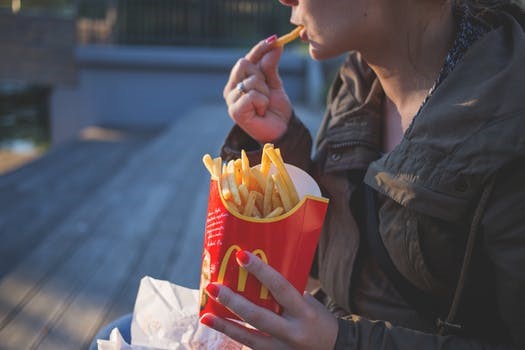How does your body know you’re full?

You have your favorite dish in front of you but at the same time you feel you are full. This definitely makes us think – How does my body know that I am full?
This sensation is set in motion the moment food starts moving from the mouth. The muscles surrounding the stomach start stretching as the food reaches it through esophagus and occupies space.
These sensations are felt by the nerves of stomach and through the vagus nerve to the brainstem and hypothalamus.
Contents
Gastrointestinal Hormones
Our brains also take in chemical messengers in form of hormones produced by endocrine cells throughout the digestive system like- pancreas, stomach.These respond to the presence of specific nutrients in the body.
Over 20 gastrointestinal hormones are involved in managing our appetite.
Example
- One hormone -Cholicystokinin produced by upper bowel on reaching hypothalamus causes a reduction in the feeling of getting a reward when we eat .On this a sense of being satiated occurs and we stop eating.
- Also it slows down the speed of food movement from stomach to intestine allowing the stretching of stomach muscles for a longer period of time and registering the sense of filling up.
- This is why when we eat slowly we feel full faster than when we eat at a lightning speed.
- These gastrointestinal hormones trigger pancreas to release insulin and this in turn produces leptin.
Hypothalamus
- Hypothalamus has 2 sets of neurons important for our feelings of hunger
- One set- produces sensations of hunger by making and releasing some proteins
- Another set- inhibits hunger through it’s own compounds. Leptin stimulates the realease of such neurons.
Conclusion
Foods with more amount of fiber, proteins tend to keep hunger at bay for a longer period of time . After sometime the communication cycle between brain , stomach starts again and exchange of hormones take place.






Responses